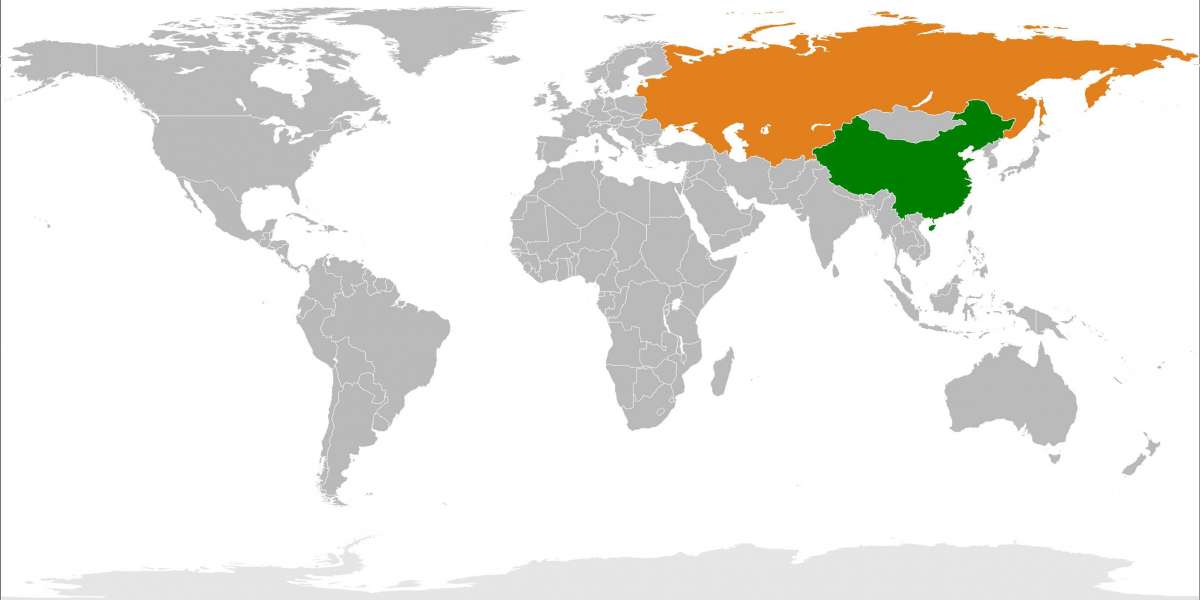Communism is a philosophical, social, political, economic ideology and movement whose ultimate goal is the establishment of a communist society. Communism includes a variety of schools of thoughts which broadly includes Marxism and anarcho-communism as well as the political ideologies grouped around both, all of which share the analysis that the current order of societies stems from capitalism, it’s an economic system and mode of production that in two systems there are two major social classes; that conflict between these two classes is the root of all problems in the society and this situation will ultimately be resolved through a social revolution.
Talking about Russia first, the birth of communism in Russia began in 1917 under the leadership of Vladimir Lenin. Three years later a Soviet agent named Grigorii Voytinskii arrived in China and began to help build the Communist party there. All together the same philosophy guiding the Russian Revolution guided China, the major difference of opinion existed from the beginning. Over time it eventually led to a major infamous political rift known as “Sino-Soviet split."
The major differences between their ideologies were during the 1950s, Russian communists advocated for the coexistence of communism with capitalism which was completely rejected by the Chinese communists. During the Mao period, China revived its economy and made it more market free inviting foreign trade. Whereas Russia was holding on the conventional economy as they called the reformations in China as pro capitalists. This scenario led to the decline of Russia's economy and on the contrast, the Chinese economy flourished. When Russia began to revive the economy into a marketplace economy, China was into market socialism which is still their style of economy. As China and USSR began to split, the Soviet Union became less repressive. During the so-called Khrushchev Thaw from 1953 to 1964, the USSR reduction in censorship. At the same time, China reconstructed its government and eliminated much of its culture during two movements known as the Great Leap Forward and the Cultural Revolution. One of the largest differences between Soviet and Chinese Communism is that Chinese Communism lasted but Soviet Communism did not. After Mao's death, China reconstructed its government, providing its citizen with greater freedoms and changing its economic policy to the favourite market economy open to foreign trade instead of one that was centrally managed. During 1980, the Soviet government renamed unwillingly to make reforms it viewed as capitalistic, and the resulting economic decline led to the Soviet downfall. Since then, Russia has attempted to shift to a market-based economy with mixed results. On the other hand, China shifted to a system known as market socialism which differed from the USSR in its reliance on a free market. This system is still in place in China, which now has one of the world's largest economies.







